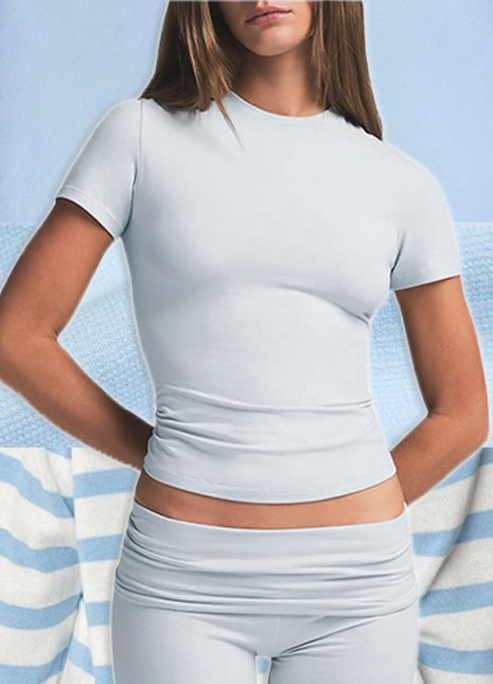
What Our Jeans Aren’t Telling Us: Part One
We will not be greenwashed.
Denim is produced from cotton fibers, and as a modern society, we love denim. As consumers, we cannot get enough denim because it is durable, comfortable, and versatile. Since it was popularized as workwear in the 1920s and then entered mainstream fashion in the 1950s, denim’s production-along with its reputation- has only grown.
But we are quite often blind-sighted to the work carried out to create denim. Greenwashing has made it super easy for fashion brands to jump on the ‘green trend’ by attaching a sustainable label to their collections. As consumers -with lives- we don’t often question what we are told, nor do we have the time to do so! However, it is a phenomenon sweeping through the fashion industry, which means we need to get clued up in order to be responsible consumers.
What Do We Need To Look For?
The production of cotton requires vast amounts of water. For a STANDARD pair of jeans to come into existence, they require 8,000 liters of water, 10 kilos of chemical dyes, and the emittance of 13 kilos of CO2. To put this into some perspective, Oxfam found an outfit consisting of a pair of jeans and cotton t-shirt requires the same quantity of water as a person should drink in 13 years. We’ve been doing some math, and the CO2 emitted during the production of a pair of denim jeans is equivocal to the emittance of a standard car during a 100km journey. The good news though, there are alternatives; you just need to know what to look out for.
The Growth of Cotton
Cotton is a natural fiber which tricks us into thinking we are buying into something more sustainable than man-made fibers like polyester. However, most cotton is genetically modified and therefore needs an exceptionally high quantity of water for a quicker and higher yield. A study found 70% of brands do not prioritize the environmental impact created from their excessive water usage. Therefore the standard protocol for denim production is to use genetically modified cotton.
However, The Better Cotton Initiative is a program designed to help produce cotton more ethically and responsibly. Organic cotton significantly reduces water usage during its cultivation as the crop does not require the levels of water genetically modified crops demand. The high use of pesticides used during the production of normal cotton also disappears when organic cotton is grown. In recap, organic cotton= less water usage, no harmful chemicals, and safer working conditions for farmers.
Sadly, organic cotton only equates to 1% of worldwide cotton. Often brands will claim their clothing is made from organic cotton, but it is important to check the percentages, as often only a tiny fraction of the cotton used is organic. Some brands which do utilize organic cotton are DL1961, Frame, Pact, Obakki, Kindhumans, Lucy and Yak, Beaumont Organic, and Kings of Indigo.
Check out part two!











